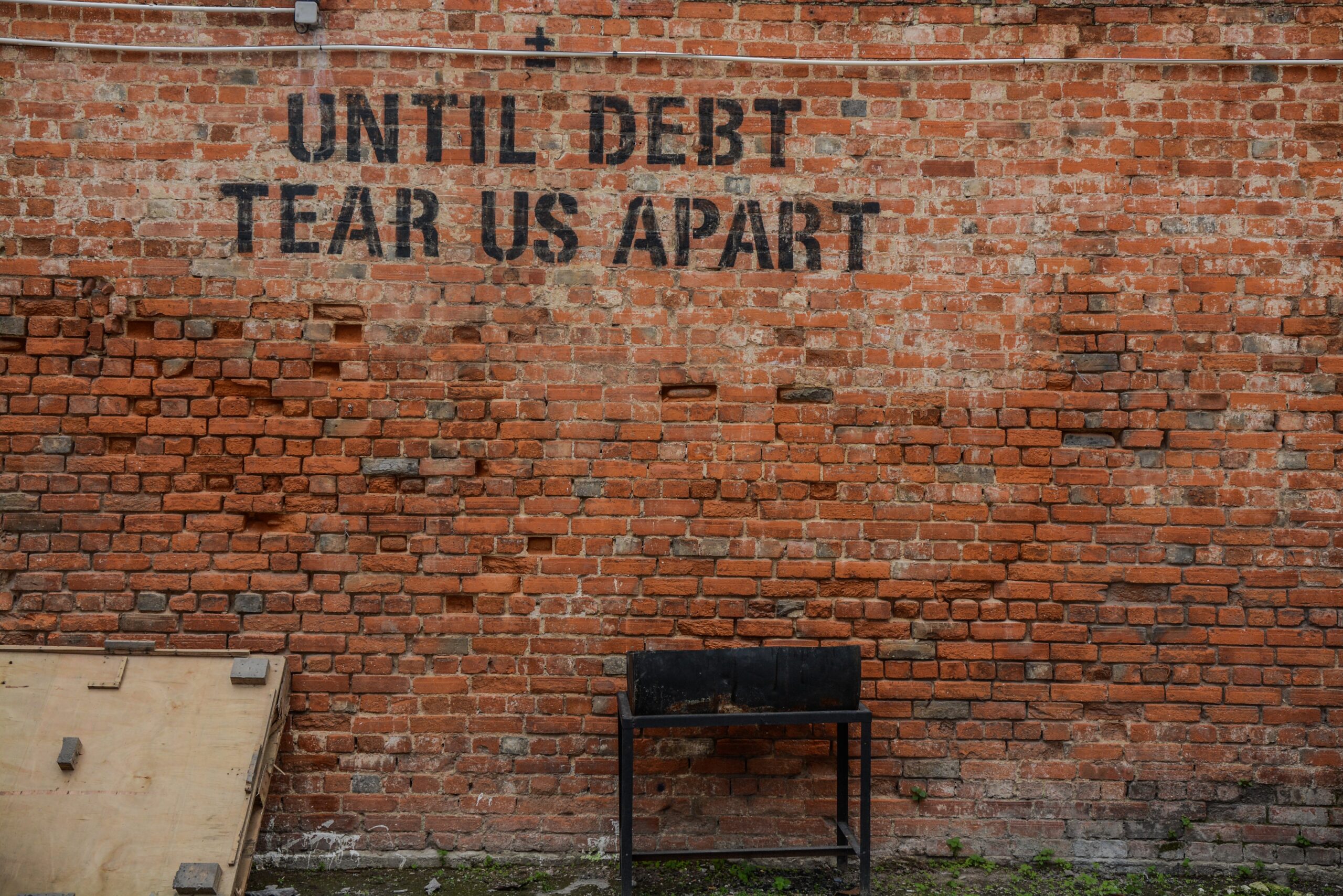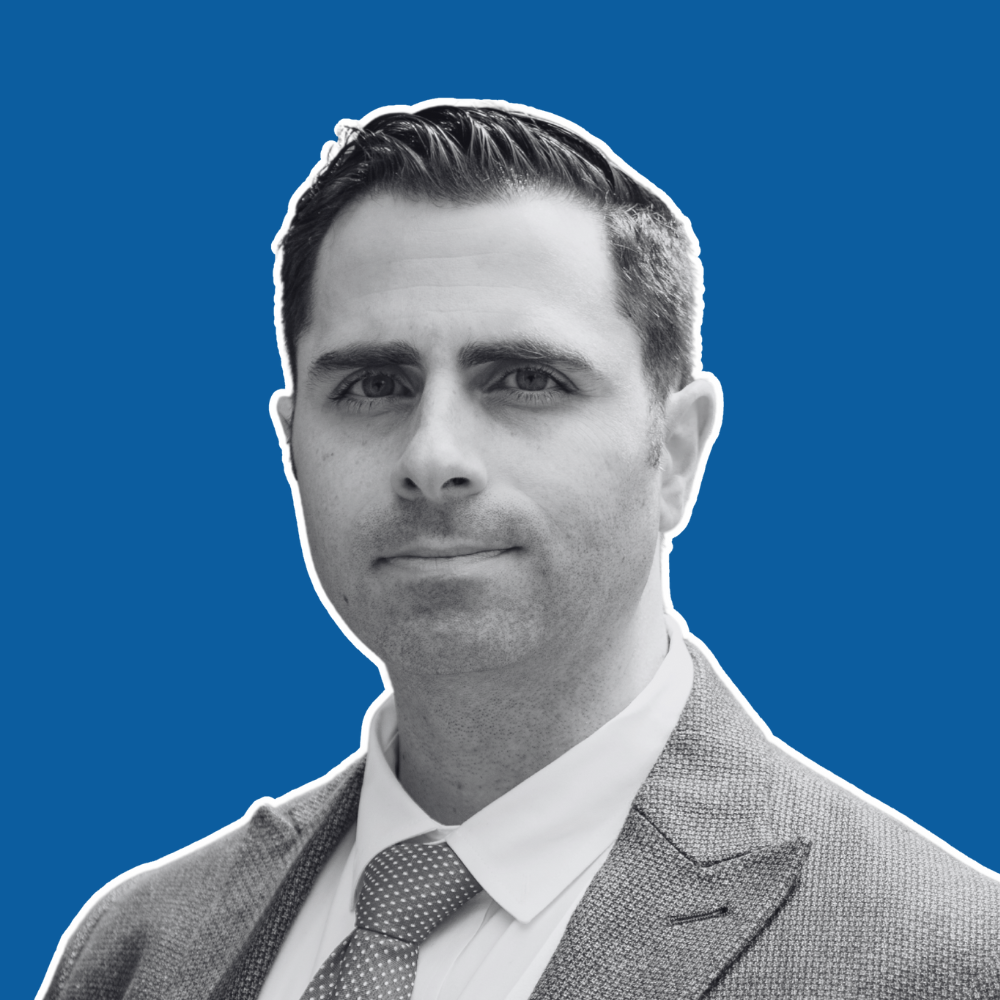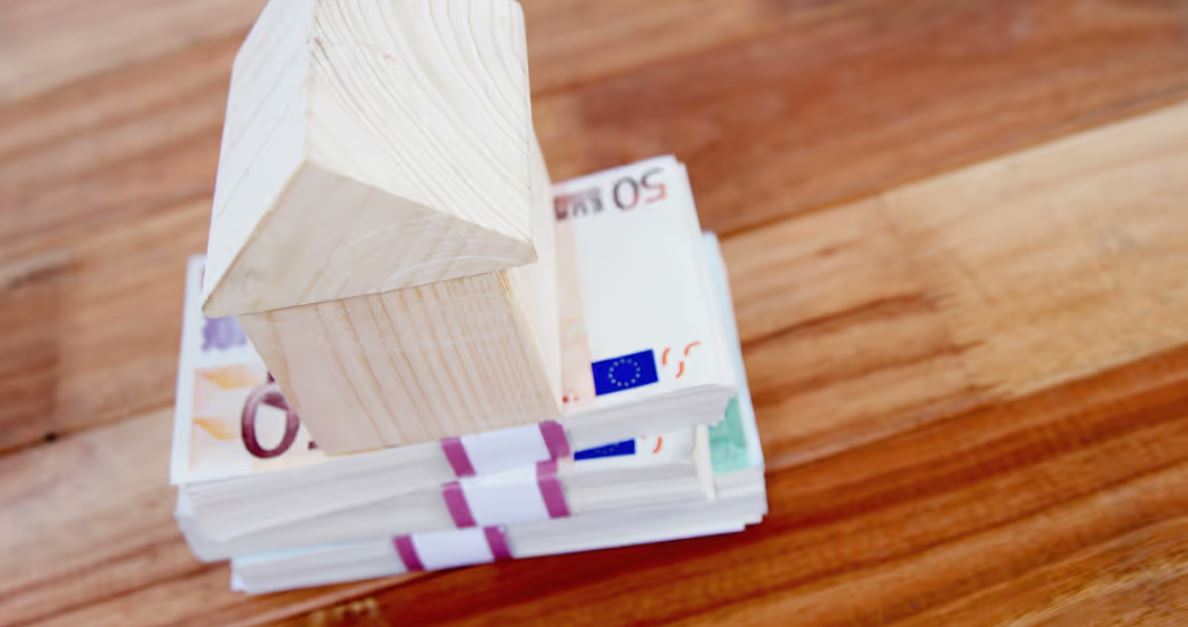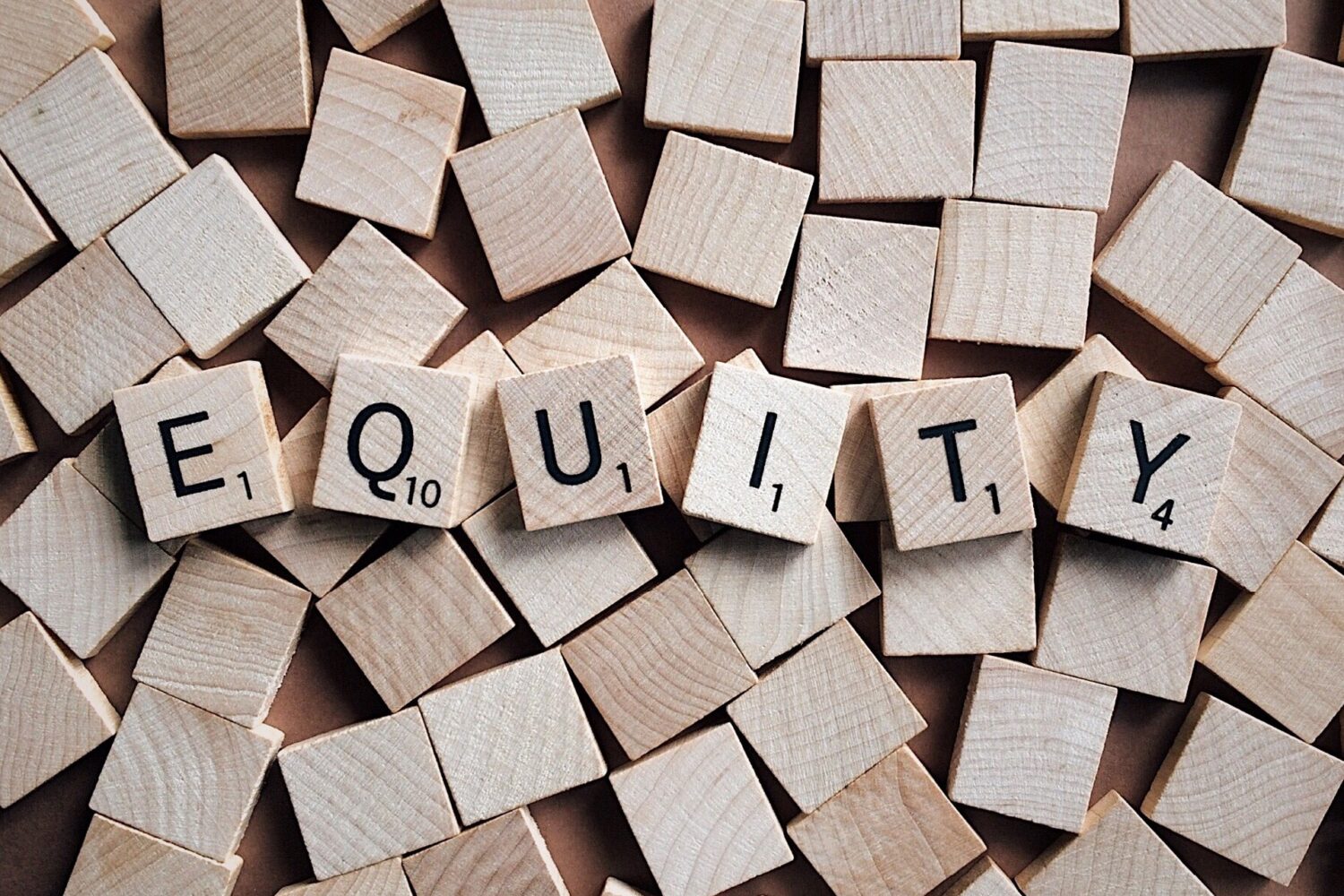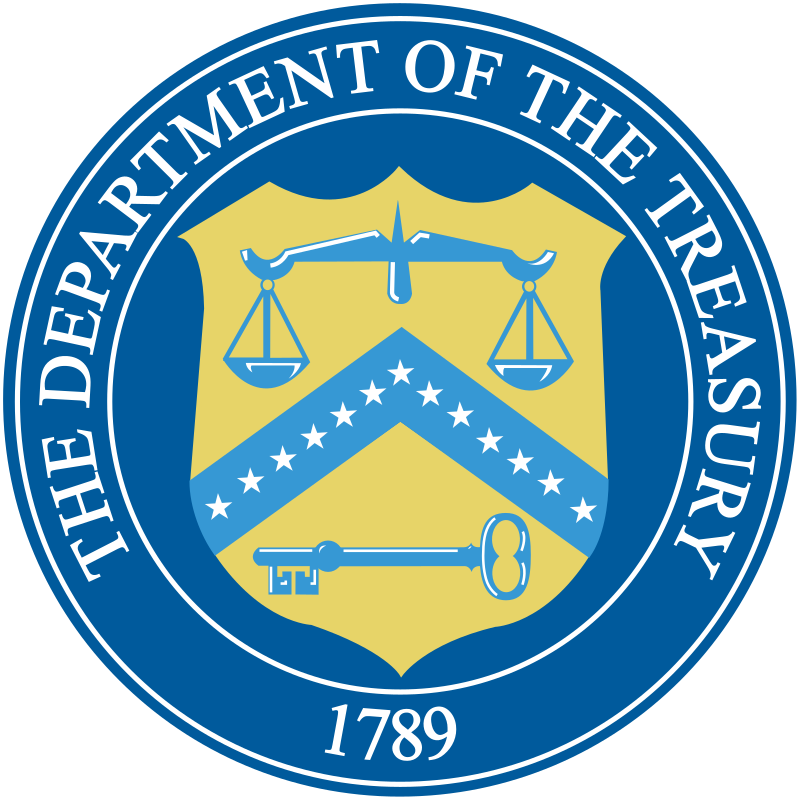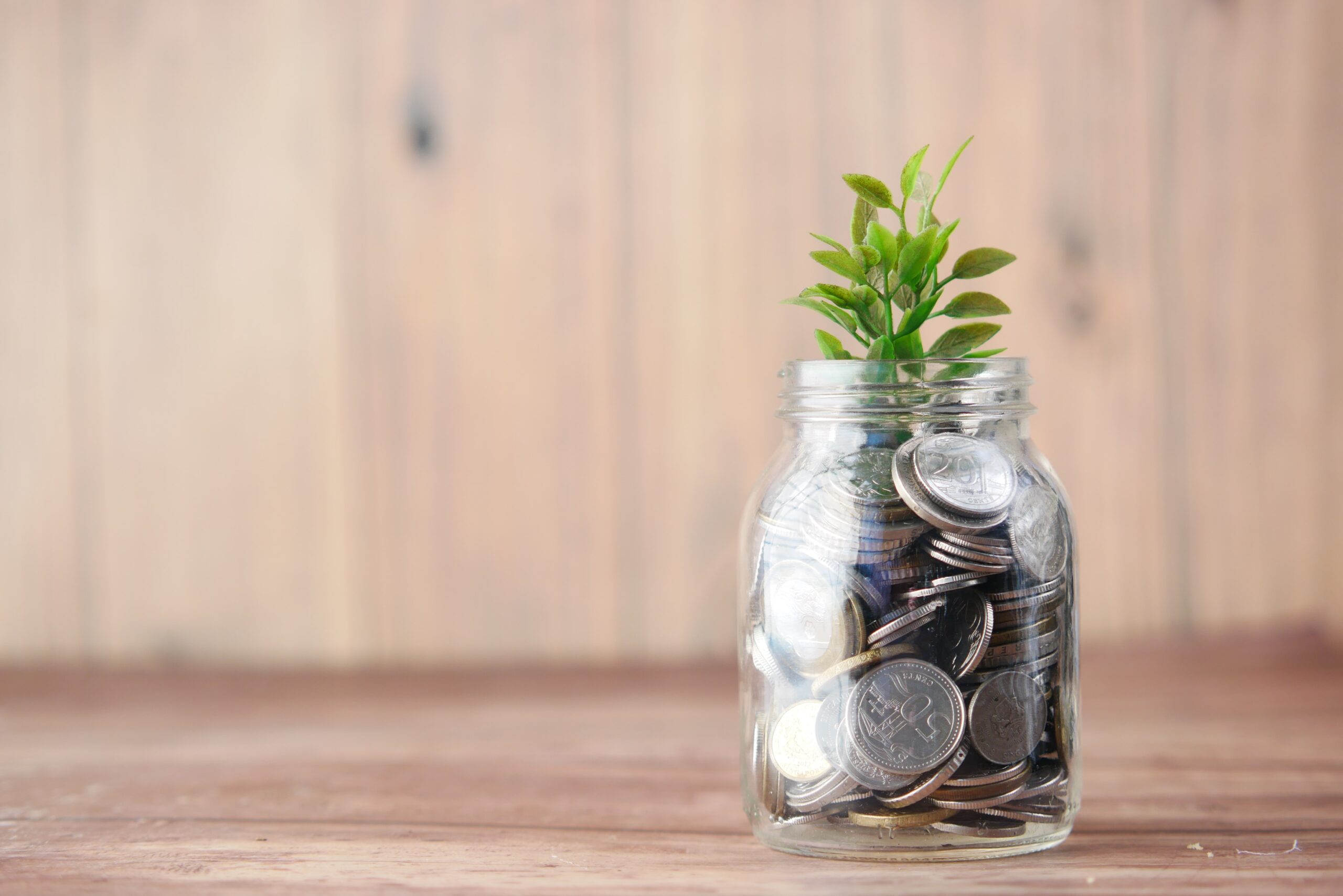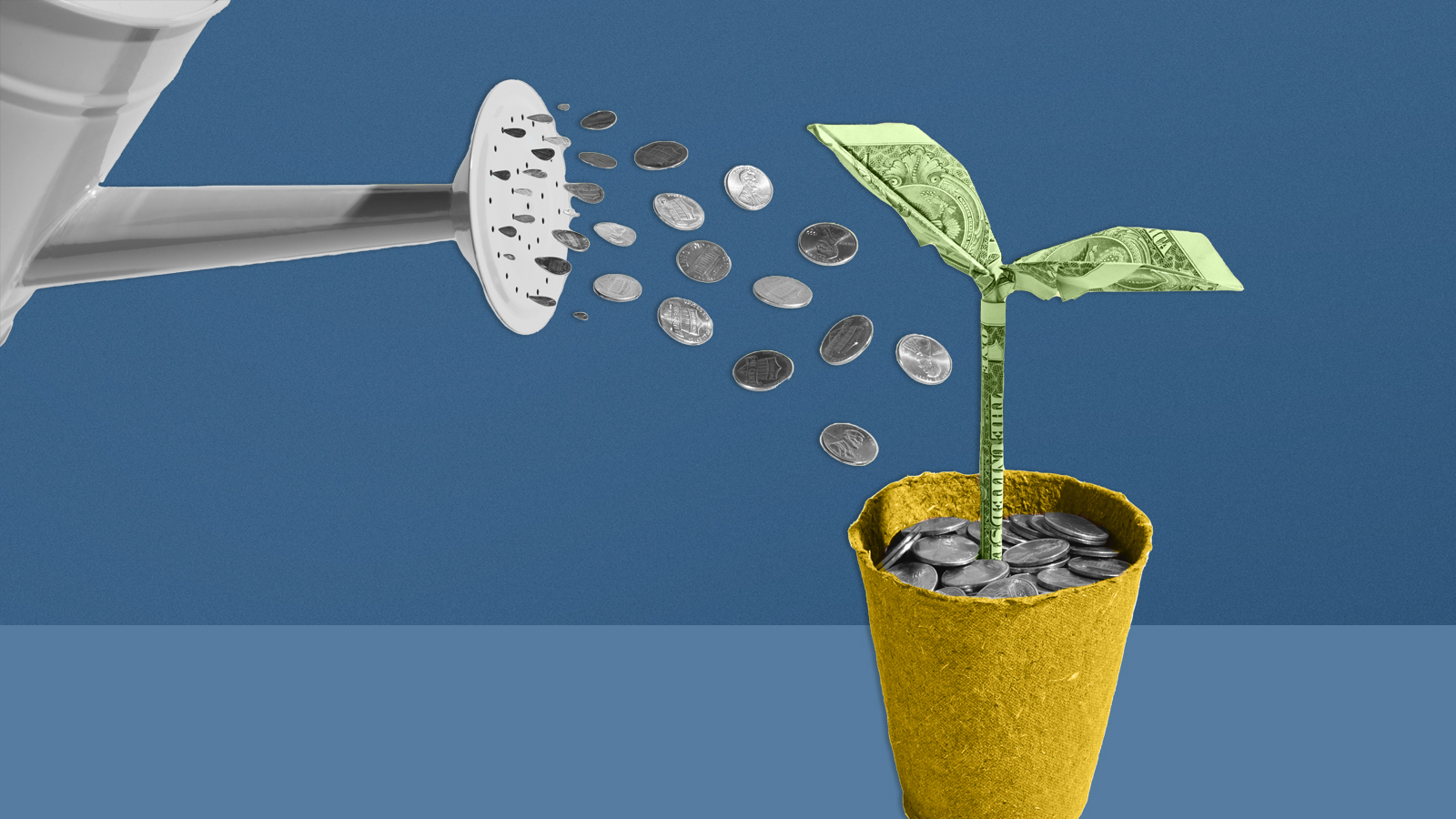Debt is a widespread financial problem that affects many individuals. If you owe money to a bank, you will be required to repay it over time with interest. Many factors contribute to debt accumulation, including unforeseen medical bills, job loss, excessive spending, and poor money management. It is crucial to realize that being in debt can have negative effects on your credit score. It can also lead to excessive interest payments and personal stress.
In this blog post we will discuss whether you should use your savings to pay off debt, what type of debt you should pay off first, why people get into debt in the first place, and how you can avoid debt.
Should you use your savings to pay off debt?
Depending on your financial status and aspirations, deciding whether to save money or pay off debt might be challenging. Before beginning an aggressive debt repayment plan, it is typically preferable to create an emergency fund with at least six months’ worth of costs. In the event of an emergency or unplanned expenses, such as a job loss or medical emergency, you will have a safety net thanks to this. That said, you may want to pay off the debt first if it has a high interest rate or is causing you financial stress. Afterwards, it is better to prioritize investing for your retirement plan or other long-term goals if you have previously paid off high-interest debt.

What Type of Debt Should you Pay Off First?
While both options have their benefits, choosing to save or pay off debt will make a significant impact on your financial well-being. As a general rule of thumb, pay off the low-balance highest interest rate debt first. Here are some factors to consider when making this decision.
High-Interest Debt: Pay it Off First
If you have high-interest debt, such as credit cards, prioritize paying it off as soon as possible. High-interest debt can quickly spiral out of control and end up costing you much more in the long run. You will also free up money that would otherwise go towards interest payments, making it easier to save money in the future.
Low-Interest Debt: Consider Your Options
If you have low-interest debt, like a student loan or a mortgage, the decision becomes a little more complicated. While it’s still important to make payments on time, it may make more sense to save for emergencies or invest in your future. Consider your financial goals and priorities, and make a plan that aligns with them.
Emergency Fund: Always A Priority In Case Of Unexpected Expenses
No matter your financial situation, having an emergency fund should always be a priority. Emergencies can happen at any time, and having money set aside can help you avoid taking on more debt when and unexpected emergency expense arises. Aim to have at least six months worth of living expenses saved in an emergency fund before focusing on paying off debt or saving for other goals.

Example:
Let’s look at an example to give you an idea on which type of debt you should prioritize paying off first. Please note that everyone’s has their own specific situation; however, for demonstration purposes, we will use the following example.
- You have $1,000 of monthly income that you would like to use to pay off debt and have 3 loans to pay off.
- 1. Credit card debt with a balance of $6,000 and an interest rate of 20% with a minimum monthly payment of $160.
- 2. Car loan with a balance of $15,000 and an interest rate of 4% with 60 installment payments remaining, and a monthly payment of $276.
- 3. Student loans of $25,000 and an interest rate of 5% with 120 installment payments remaining, and a monthly payment of $265.
In total, your minimum monthly payments for these three loans is $701 ($160+$276+$265), leaving you with ~$300 of extra money that can be used for additional debt repayments.
Example continue:
In this scenario, you should first pay off the credit card debt since the high interest rate of 20% can make that balance grow quickly in a short period of time. So if you pay spend $460 per month ($160 minimum + $300 additional payment) to pay off the credit card debt, it will take you approximately 15 months for that debt to be paid off. During this time, you are still paying the minimum payments for the car loan payment and student loan payment so that way we avoid any late fees as we work through our debt management.
After you pay off the credit card debt, you should focus on paying off the car loan. Not only will you pay the $276 per month, but also use that $460 of cash flow that has freed up from the credit card repayments. So now you will pay a total of $736 towards your car loan. At this point, it will take you ~16 months to finish paying off your car loan. Now, although the car loan is a lower interest rate compared to the student loan, you’ll be able to pay it off faster since the car loan is a smaller balance, then afterwards you’ll use the freed up cash flow to pay off the next loan.
Finally after the credit card loan and car loan are paid off, we use the whole $1,000 to pay off the student loans. At this point, we are 31 months into the process (15 months paying off credit card debt + 16 months paying off car loan). Thus, your remaining balance for the student loans will be approximately $20,000 since we have been paying the minimum installment payment of $265 during those first 31 months. So, it would take you an additional 22 months to finishing paying off the remaining balance of the student loans since we are using the $1,000 of accelerated debt repayments.
In total, it would take you 53 months or a little over 5 years to pay off $46,000 of debt, of which ~$8,000 was paid towards interest.

Why do people get into Debt?
Its unfortunate to learn why so many Americans struggle to make ends meet, and then put themselves into financial trouble with debt. According to the Federal Reserve, American households hold $16.51 trillion in debt, which is up $2.36 trillion since the end of 2019. Mortgages are the majority of this debt with ~71% of the total household debt. Student loans sit at the second spot with ~10% of the total household debt. This is followed by credit card debt, which sits at a close third spot at ~9%. So how have we gotten to this point? Below I list some of the most common answers.
Lack of Financial Literacy
Many Americans do not receive a comprehensive education on financial management. When we grow up through the US public education system, we did not learn how to balance a budget, saving, investing or learn about different financial instruments. This lack of education has lead to many people making poor financial choices without truly understanding the consequences they have put themselves into when signing up at the beginning.
This problem does not only sit in lower-income or lower education demographics. Studies have shown that people across all income and education levels struggle with financial literacy. In fact, a 2018 study by the Financial Industry Regulatory Authority (FINRA) found that only 34% of Americans could pass a basic financial literacy test.
Moreover, I have personally seen this happen in front of my eyes in my prior career while working on Wall Street. Some of the brightest individuals working on complex financial problems, shockingly, do not understand the basics of personal finance. For instance, some still believe that it’s a good idea to buy a bigger home in order to get a bigger tax break. Or they use every dollar they make to cover their expenses, leaving nothing left to invest in for the future.
Keeping up with the Joneses
This refers to the desire to match or exceed the lifestyle of your peers or neighbors. Every day we are surrounded with advertising and social pressure to buy the latest gadgets, wear the trendiest clothes, and drive the fanciest cars. It’s unfortunate that we now live in a society where we buy things to impress people we don’t even know. This habit of buying these non-essential materialist items have lead to overspending and taking on debt to maintain a certain lifestyle.
There is not only the obvious reason why trying to keep up with the Joneses is not ideal for your financial security such as over spending. Here are 3 other important factors you need to consider.
- It can lead to missed opportunities – not only missed investment opportunities, but also missed opportunities of your own goals or aspirations.
- It can create a consumption cycle – increase consumption of materialistic items will lead to missed opportunities for us to invest in experiences or activities.
- Undermining our self-worth – focusing on possessions for self-worth will lead us to constantly needing to do more to measure up to others.
Easy Access to Credit
Easy access to credit can be beneficial to American under some situations, but it can also have negative consequences. Credit card companies and lenders can entice consumers with rewards and low interest rates. Further, we now see an increase utilization of the “Buy Now – Pay Later” from lenders such as Affirm, Afterpay, or Sezzle. And just over the past 3 years we have seen these platforms increase there loans by 10x since 2019. This ease of access to credit has made it tempting for individuals to take on more debt than they can afford.

How you can avoid debt
Being able to avoid debt takes careful planning of your cash flow coupled with responsible financial decisions. Below I listed some of the best way to set yourself up for financial success.
- Create a budget – if you read any of my prior blog posts, then you know I mention that creating a budget is one of the basic fundamentals in creating a path to financial independence. My 7 steps of creating a personal monthly budget will help organize your finances so you can start saving and investing for the future.
- Have an Emergency Fund: It is important to have emergency savings in case you have an unexpected medical emergency or if you get laid off.
- Save for major purchases: Instead of taking on large loans for a home or car, plan to have enough money for a large down payment so that your debt payments can be more manageable.
- Limited credit card debt usage: We can sometimes lose sight of our credit card balance if we are not focus on it every month. Remember credit card bills typically have high interest rates for outstanding balances. If you plan on using credit cards, plan to pay it off in full each month.
- Increase your education in personal finance – this can include which debt repayment strategies, retirement savings, savings goals, etc. Unfortunately, our lack of financial literacy has lead to many people making poor financial choices, so it’s our responsibility to teach ourselves how to balance a budget and save/invest for the future.
Follow us for more!
If you have enjoyed this article and want to learn more about how to invest and gain financial freedom, check out some of my favorite blog posts below.
- How Often Should You Invest in Stock For Beginners
- Passive Income 101: The Basics + Strategies To Unlock Financial Independence
- How To Build Long Term Wealth
- 11 Powerful Ways On How To Fight Inflation Today
Live well,
Blue


